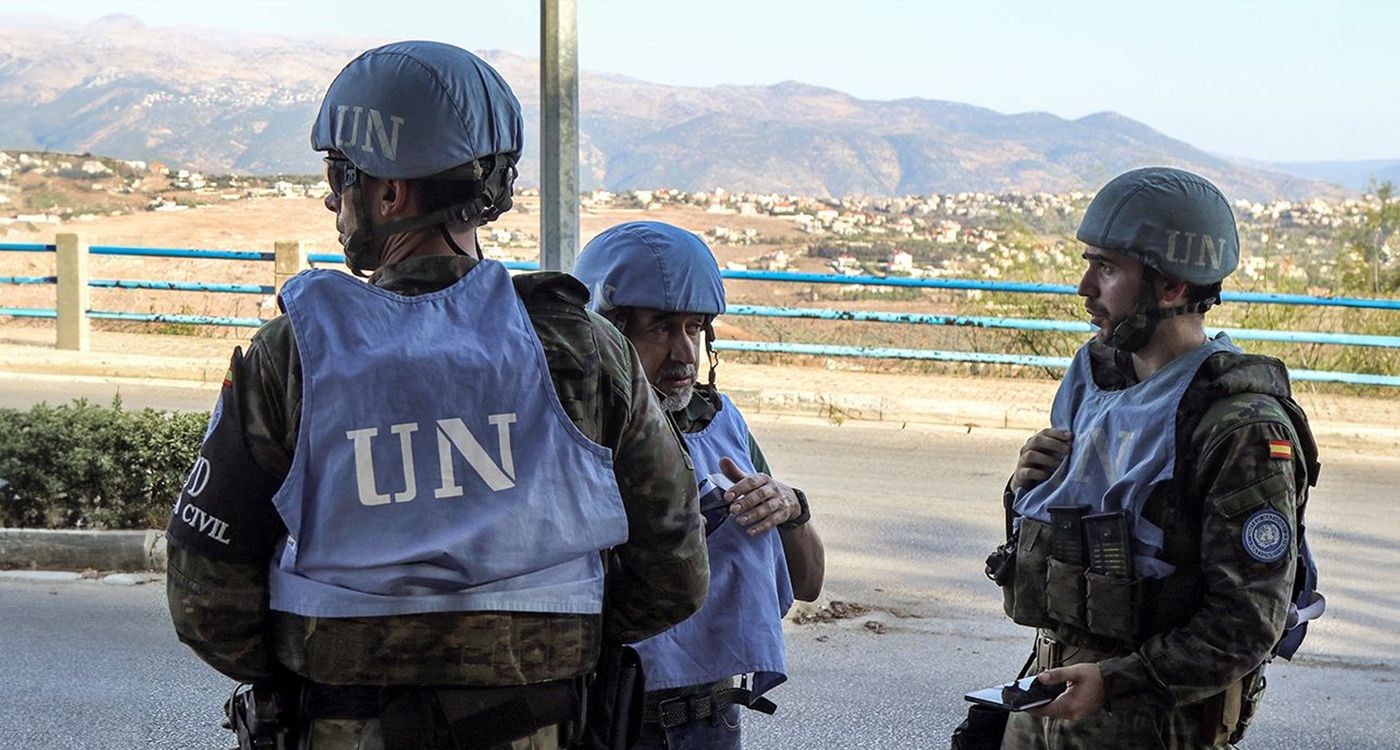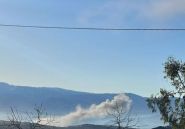
It could simply be media posturing, but the reality is that news outlets and social media networks continue to circulate reports of proposed truces or ceasefires. A halt to hostilities, or at least a pause in the ongoing military escalation, would certainly be timely — especially when considering the humanitarian crisis triggered by Hezbollah’s unilateral move to reignite the southern Lebanon front after more than 17 years of relative calm on the southern border.
So a ceasefire, but on what terms? At this point, it’s crucial to differentiate between a purely moral stance — entirely legitimate — and the broader macro-political and strategic stakes at play. These are two distinct lenses for judgment, and conflating them risks dragging civilians back into the same tragic situation against their will. Understanding the nuance between these two approaches is vital to avoid repeating the same mistakes.
A recurring theme in the statements of senior local and international leaders is the urgent need to return to the implementation of UN Security Council Resolution 1701, adopted in August 2006 to end the war that Hezbollah, once again unilaterally and without clear cause, initiated on July 12, 2006 under the close watch of the Iranian Revolutionary Guards. In light of the current situation, it is crucial to recall the true substance of Resolution 1701.
The 2006 UN resolution extends beyond a conventional ceasefire; while the cessation of hostilities is an important aspect, it is not the primary focus. The resolution also explicitly prohibits any illegal armed presence south of the Litani River, within the UNIFIL zone, and forbids the storage of ammunition and military arsenals in that area.
Most importantly, all countries were explicitly urged to refrain from transporting arms and munitions to illegal organizations. A naval unit, commanded by German officers from UNIFIL, was established to monitor maritime traffic at the entrance to Lebanese ports to prevent arms smuggling. Additionally, Resolution 1701 reinforces the implementation of prior resolutions 1559 (passed in 2004) and 1680 (passed in 2006), which call for the disarmament of all militias, including Hezbollah, the demarcation of the borders between Lebanon and Syria, and the extension of the Lebanese government's authority over all its territory. It also emphasizes the need for strict respect for Lebanon's sovereignty, territorial integrity, unity, and political independence under the exclusive authority of the Lebanese government throughout the country.
Wilayat al-faqih obliges: beyond the ceasefire, Hezbollah has systematically ignored and undermined various provisions of Resolution 1701. The pro-Iranian party has exerted total control over the land borders with Syria, facilitating the supply of weapons and ammunition, along with large-scale smuggling operations that have drained the public treasury. Concurrently, the party's military apparatus has clandestinely reestablished its presence in southern regions, particularly near the Israeli border, while actively obstructing UNIFIL's operations through aggressive actions carried out by "locals" under false pretenses.
This meticulous sabotage resulted in a militia fait accompli, creating fertile ground for the outbreak of conflict instigated by the armed wing of the Pasdaran on October 8, 2023. The unspoken goal was to provide the mullahs' regime in Tehran with an additional bargaining chip in its negotiations with the United States.
The precedents set by the wars and conflicts initiated by Hezbollah in April 1996, July 2006, and October 2023 (excluding the episodes of 2008 and 2011) highlight the ongoing actions of the pro-Iranian party. Most importantly, they underscore the fallacy of any ceasefire that is not backed by a strict and effective mechanism for the full implementation of all Security Council resolutions regarding the disbandment of militias and the restoration of sovereignty and authority throughout the country.
Although solidarity with displaced civilians is undoubtedly crucial, the top priority must be the implementation of concrete and stringent measures to prevent the populations of southern Lebanon, the Beirut suburbs, and the Beqaa from being pulled into another futile war in the future — one whose complexities and consequences they may not fully grasp.




Comments